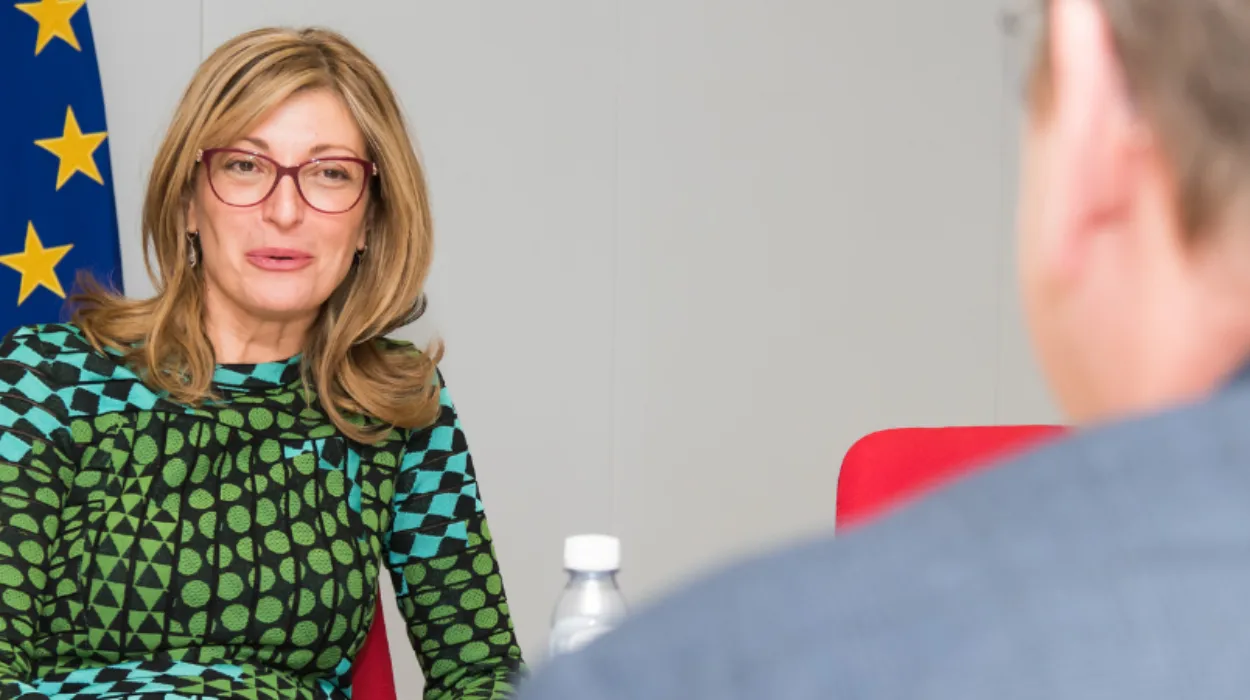In early 2025, the European Commission announced a new research plan. Due to this decision of the EU, the widening games are starting again. Talks between the two groups will be held, and member countries are getting ready for it. One is friends of excellence who get great support from nations with strong research. Another is those with weaker systems that require assistance from a widening program.
There were about fifteen European Union research ministers from various countries that wrote a letter to outgoing commissioner Iliana Ivanova and new commissioner Ekaterina Zaharieva. The nations include Bulgaria, Croatia, and Portugal. They expressed their desire in a letter and said that FP10 should keep the widening program.
These ministers believe that FP10 should focus on ‘Widening participation and spreading excellence’ to improve research in all EU countries. Helping less-developed nations is important for boosting their research skills and making the research environment fairer in the EU. If this plan works, it could lead to better teamwork, more new ideas, and a stronger research community in Europe that helps all member states.
Many countries play an important role in the European Council. They will talk about FP10, which started in 2018. It will happen among member states, the Parliament, and the Commission. However, 15 ministers stand in favor of adding a widening program in FP10. According to them, this is the best way to fix inequalities and complexities and is proof of the EU’s strong research community.
In the past, during discussions about Horizon Europe, member states were split into two sides. They argued about how much money the widening program should get and whether researchers from poorer countries should be paid the same as others. This disagreement made the talks take longer than they should have. Now, the 15 member states who wrote to Ivanova and Zaharieva want to resolve issues related to the performance gap in FP10 early. Quickly addressing these concerns will help ensure fair support for all researchers in the EU.
The letter said we want to start talks on this part of the program early in the process and not wait until the program ends as Horizon Europe did.
For the widening program in FP10, the signers have a demand to double the budget for it. According to their opinions, it should keep the crucial parts of the spreading program. Furthermore, it also introduces new actions to enhance research and innovation across Europe. This will assist all the European nations to participate in all parts of FP10.
In 2020, the view of widening participation and spreading excellence started. For this purpose, approximately €3 billion is available in Horizon Europe for 15 member states. This program also helps other nations that are lagging to catch up with the European Union’s leaders in innovation. The recent data shows it is working. These nations increased their share of grants from almost 9% in Horizon 2020 to 13% in the first half of Horizon Europe.
A review of Horizon 2020 found that widening schemes like Twinning and Teaming worked well. It showed that 28% of the most cited papers from widening countries were linked to these actions, showing their positive impact.
The letter says that even though more people took part in Horizon 2020, the widening program, states are still working hard to connect with the existing networks of Horizon Europe. Some nations believe that the Framework Program should get permission for the best projects only.
Denmark suggested taking the program out of FP10, saying that widening measures do not do enough to help more people join in.
This idea faced pushback from central and eastern European nations, which are open to improving widening measures but do not want to remove them from FP10. It highlights the hardships between paying attention to excellence and ensuring everyone gets a chance to take part. In Europe, it is important to balance these requirements for a fair research environment.





